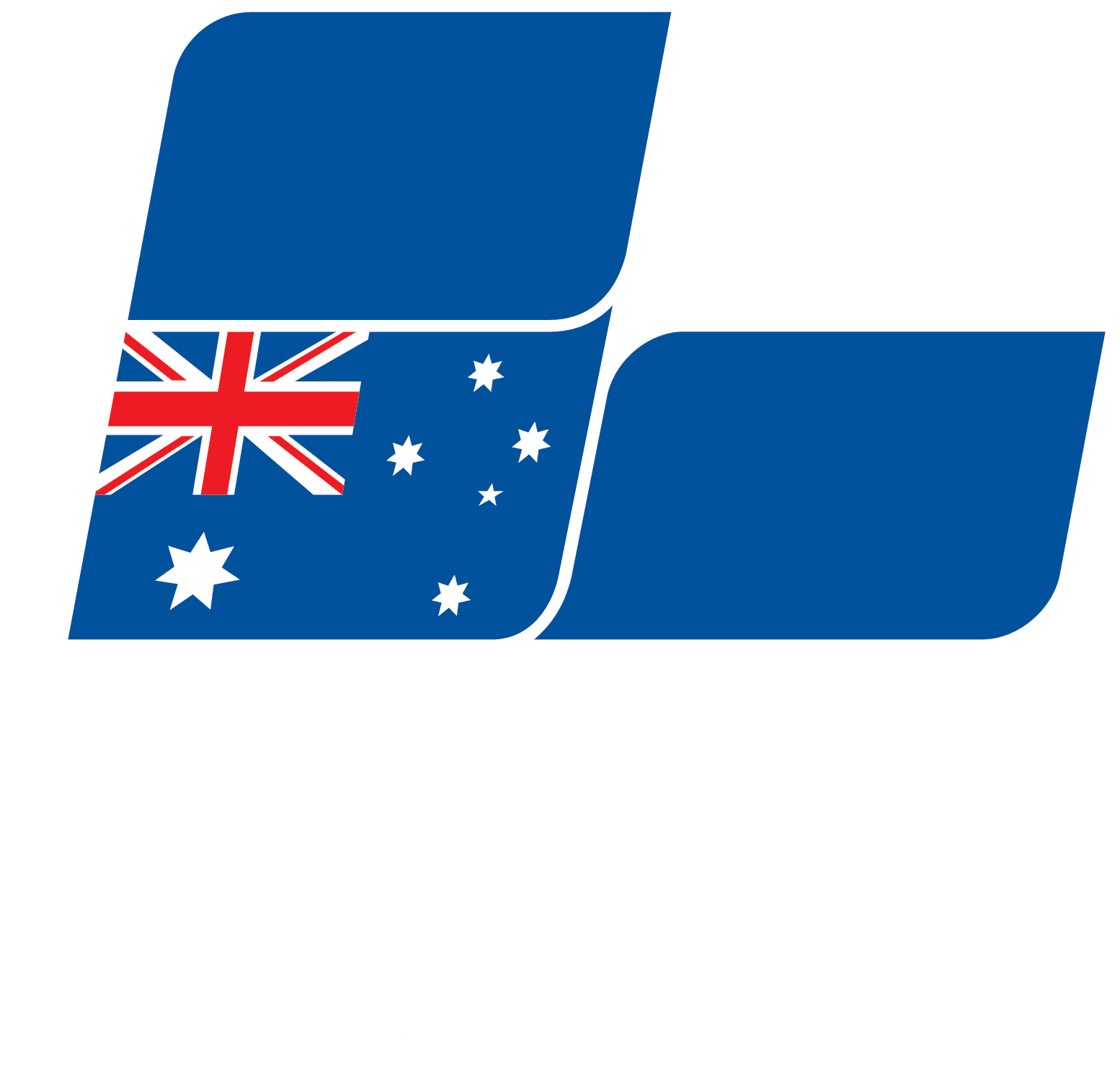Take Note of Answers – Medicare – 5 February 2018
Senator REYNOLDS (Western Australia) (15:06): I would first like to say, ‘Congratulations and welcome,’ to my new colleague, Senator Molan, and also wish the previous Attorney-General, who is also in the chamber, all the best in his new career.
Starting off the year on motions to take note of answers, I always find it a little amusing to hear the doom and gloom from those opposite, and this year is absolutely no different. Yes, we all agree with universal health care, but the difference between those opposite and us is the fact that we actually understand that taxpayers’ pockets are not a magic pudding.
Senator Abetz: Oh, aren’t they?
Senator REYNOLDS: No, apparently they’re not. If you want to spend money on health care and the NDIS, you actually have to raise the money first. So I thought, in the context of guaranteeing the NDIS and of the government’s bill, the Medicare Levy Amendment (National Disability Insurance Scheme Funding) Bill, I would remind those opposite and those in the gallery of the history to this.
This scheme is supported by all sides of parliament, but unfortunately when we came to government it was not sufficiently funded, so the government have worked very carefully to make sure that the program is fully funded for the 460,000 Australians who will benefit from this long overdue scheme. Again, the money doesn’t just come out of nowhere. There is no such thing as government money. As those in the gallery know full well, the money the government spends is their money. To help fund this scheme, the government is asking Australians to contribute to it through an increase of half a percentage point in the Medicare levy, from two per cent to 2½ per cent of taxable income. This means that one-fifth of the revenue raised by the Medicare levy, along with any underspend in any year in the NDIS, will be directed to the NDIS savings fund—a measured and prudent approach. Of course, low-income earners will continue to receive relief from the Medicare levy through the low-income threshold for singles, families, seniors and pensioners.
This motion gives me cause to reflect on why we’ve had to do this and the legacy those opposite left us when we came into government. I was working in this place during the years of the Howard and Costello government, and when the Labor Party came into office in 2007 they had a budget surplus and not a cent of government debt—no debt, which meant that the taxpayers of Australia had no debt to pay back. If the coalition had continued building debt at previous levels, the gross national debt would now be over $1 trillion. The coalition has acted responsibly to cut our growth in gross debt by two-thirds to nine per cent in this year’s MYEFO.
What else has this government actually done that those opposite will never ever acknowledge? It is not all doom and gloom. Some of the measures the government has introduced to actually fund the NDIS have also created jobs. Last year, in 2017, how many jobs do those opposite think were actually created? How many new jobs were created last year for Australians—brand new jobs? What those opposite will never tell you is that over 403,000 new jobs were created for Australians—the most jobs ever created in a single year. In fact, this government has now created nearly, but not quite, one million jobs since it came to office four years ago. Those opposite sit there like Chicken Little, saying the sky’s going to fall down, we’re going to ruin the earth or ruin the economy, but the statistics speak for themselves. The best form of welfare, and the best way to fund welfare, is by having Australians in jobs: having jobs, paying taxes, being able to look after their own families, having that sense of pride and providing money into the coffers.
What else has this government done over the last 12 months? We’ve cut taxes for 3.2 million small businesses which employ over 6½ million Australians. The instant asset write-off was used by 300,000 small businesses last year alone to invest in their businesses, to buy new equipment, to buy machinery and to employ new staff. We’ve invested a record $75 billion in national infrastructure, which, again, is money into the Australian economy and money which creates jobs. Rural exports, due to the free trade agreements and other measures this government has taken, went up 19 per cent in the last year alone. That is more money for the economy. (Time expired)


